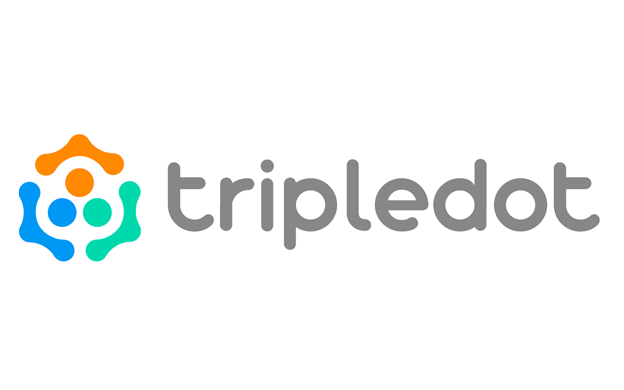Winner profile

“We had a small team in Ukraine impacted by the conflict - we relocated 60 families which was a bit complex,” says Lior Shiff. “We’ve also relocated some of our team in Minsk to Poland and Barcelona.” Listening to the cool precision with which Shiff highlights the challenges he has navigated over the last couple of years, one could be forgiven for assuming that he is a top strategist or government advisor rather than the CEO of successful casual game developer Tripledot Studios.
Under the leadership of Shiff and his co-founders President Akin Babayigit and Chief Product Officer Eyal Chameides, the London headquartered company has come a long way in a very short space of time. Founded in 2017, the business has gone from “three guys with an idea” to a company with over 400 employees in six international offices. Its flagship mobile games are Woodoku - a mash-up of the sudoku and block puzzle genres - and a unique take on the classic solitaire. Both are available on iOS and Android.
In February 2022, the company raised $116m in a deal that valued it at $1.4b, boosting it to unicorn status - a private company valued at more than $1b. The round was led by 20VC - the venture firm of podcaster Harry Stebbings - with participation from other investors including Lightspeed Venture Partners.
Shiff’s encompassing appraisal of the challenges faced by the company is likely born of his eight years working in military intelligence for the Israeli Defence Force. He was responsible for a multidisciplinary team of 40 engineers, scientists, mathematicians, and programmers at the age of 24. “The experience taught me to think holistically and to create impact,” says Shiff. In 2007, Shiff co-founded social gaming company Product Madness which was acquired in 2012 by Aristocrat. “We all take something from past experiences and it makes us who we are.”
Shiff says that a strength of his is building strong teams: “Everyone is smarter and better than me, which makes everything easier.” Tripledot certainly has a strong founding team. COO Babayigit has deep experience in games and tech. Having spent five years at Facebook, where he led the audience network team and the games team in Europe, he moved on to Activision Blizzard King, where he served as Head of Business Operations and Special Projects. Holding degrees from Harvard Business School and Yale University, he held senior positions at Skype, McKinsey & Co, and Peak Games. He is also an investor in various gaming companies in the UK, Israel, and his native Turkey. Chief Games Officer Eyal Chameides also did a three-year stint in the Israeli Defence Force in media roles before completing a BA in Games Design at the Royal Melbourne Institute of Technology. He joined Product Madness as an Art Director, rising to Creative Director and Head of Art before co-founding Tripledot Studios.
Shiff says that the founders love games and love the business of games. “The company’s DNA is more business orientated than some of our peers.” He explains how the founders deliberately chose to enter competitive game categories such as solitaire to reduce the company’s product risk, allowing them to focus on execution - an area where they knew they had an edge. Shiff describes the company’s creative process as driven by hypotheses that are tested with data. “The company believes in data and science. We do what the data says.” He explains that the company might test 20 hypotheses for improvements to games only to have three be successful, but that this approach can dramatically move the needle.
The wisdom of this approach is indeed borne out in the data - Shiff says several million people play Tripledot Studios’ games every day. The company is also exploring strategies for inorganic growth. It acquired US-based Live Play Mobile in March 2022. The company live streams hosted games to consumers who can play alongside on their mobile devices. “We’re a value-added buyer,” says Shiff. “We’re looking for opportunities where one plus one equals three; Companies that have made great games but where we can help them operate better.” The company also has plans to utilise more traditional media going forward to reach new audiences and aspires to be a household name and maybe a listed company. Shiff is careful not to lose sight of what’s important: “We like to create games that people will play for a long time, for years from now.”